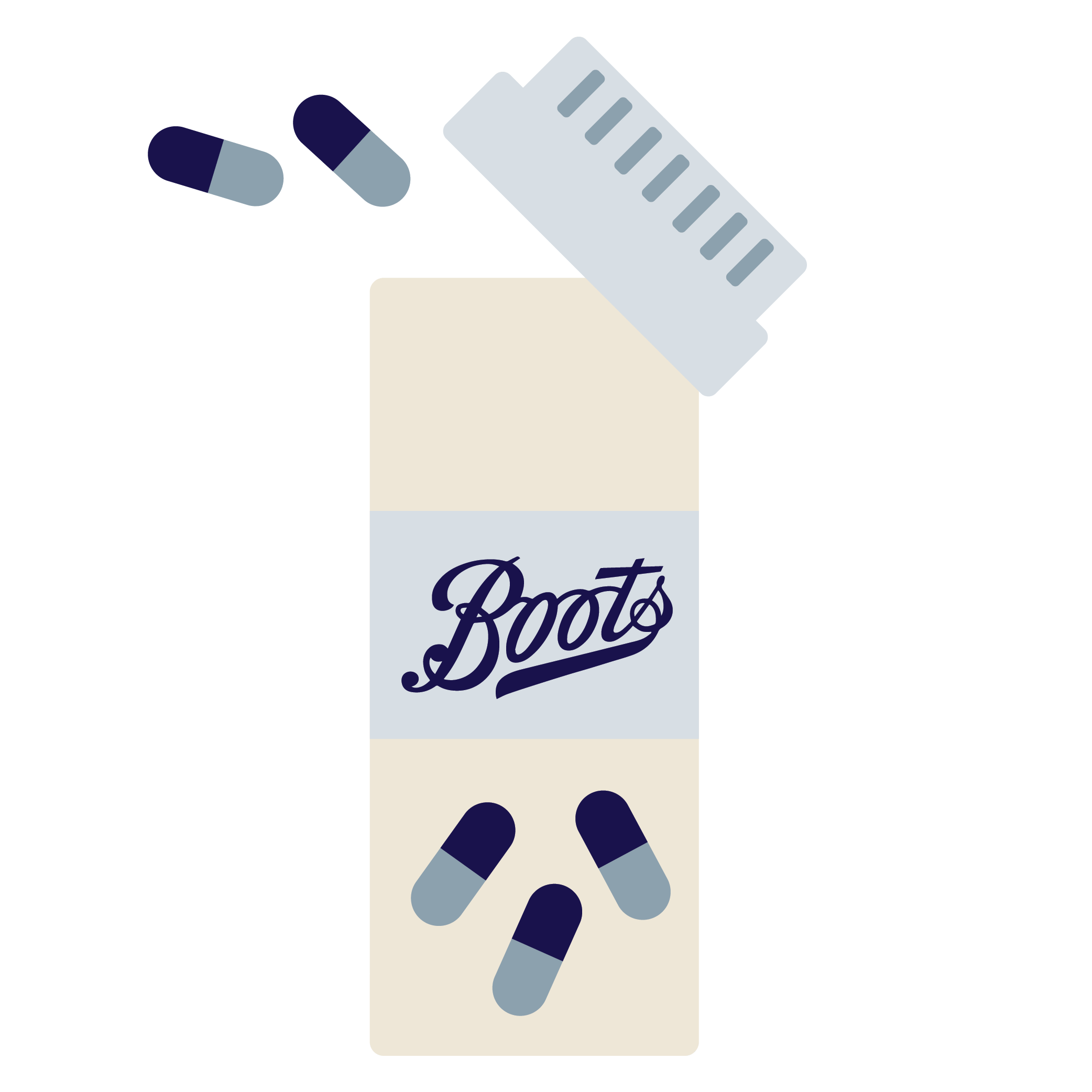
ALTITUDE SICKNESS — KEY FACTS
About altitude sickness treatment
We can prescribe Acetazolamide tablets off-label to help prevent altitude sickness. If you’re planning to travel to an altitude of above 3000 metres, the treatment can help by speeding up the changes that your body makes to get used to lower oxygen levels.
How do Acetazolamide tablets work?
Acetazolamide works by convincing your body that the oxygen level in the air is lower than it actually is. You respond by breathing more deeply and quickly which starts the acclimatization process before you begin your ascent.

What are the side effects?
Some common side effects when taking Acetazolamide are tingling in the hands or face, a change in the taste of food or drink, nausea, vomiting, and an increase in the amount that you need to pee. If you develop a rash when taking the tablets, stop immediately.
For the full list of side effects and how to take the tablets, it’s important to read the Patient Information Leaflet that comes with your medicine.
How do I take the tablets?
If you’re prescribed Acetazolamide, you’ll start taking the tablets the day before you ascend to an altitude above 3000 metres and you keep taking them until you start to descend back down. You take half a tablet twice a day. If you stay at the same altitude after you ascend, you can stop taking the tablets after two or three days.
Important safety information
It’s important that you tell us which other medicines you’re taking — whether they’re prescription or medicines you’ve bought without a prescription. You must also tell us about any other health conditions you have. We need to know so that we only prescribe Acetazolamide if it’s suitable for you.
What are my options if I don’t want treatment?
You can prevent altitude sickness by ascendly slowly, no more than 500 metres a day. You need to drink plenty of fluids to stay well hydrated and have a rest day every three or four days.
It’s very important that you don’t ignore the symptoms of altitude sickness which can lead to serious health problems. If you have a severe headache or shortness of breath, you need to descend immediately and seek medical help.
Page last reviewed by: Dr. Christina Hennessey 21/06/2021

